By Wes Parish
“Where have you been, Arnold? You’ve been gone for over two years ...”
The plaintive voice was his younger sister’s, and she, along with his older sister and older brother, were sitting around his hospital bed. He was linked up to various machines, monitoring his health.
All at once the horror he had witnessed crashed in on him and he muttered, very quietly, “She choked to death. I couldn’t save her.”
***
Back then he had been a general techie handyman for a manufacturer in Belconnen, or rather, not a manufacturer, more of a finisher and refurbisher of machines that came into the country but weren’t quite up to Australian standards. And he had been free to wander the shopping centre at lunch time, too free, because that had brought him to the second-hand bookshop.
And it wasn’t the Necromicon he found there — like many another techie, he was fond of science fiction and fantasy, and always hoped there would be an actual Necromicon, and with his rational mind, dismissed such a thing as absurd and impossible. The book was much, much worse — it was a book of actual spells, and one at least worked. It was a spell of self-transformation, and when he voiced it quietly to himself and chose a galah for the target of his transformation, he hurriedly beat his wings to stay in the air while a heavy object crashed to the ground in front of him. Rectangular objects to the left of him, rectangular objects to the right, and enclosed space locked him in ... he had the presence of mind to recall the words of the spell and gasped with relief when he saw the book lying on the floor in front of him.
He bought the book.
From that moment on, his life was changed. After hours, he flew around Canberra and spied on arguments — thankfully by nobody he knew — reconciliations, and other dramas. During work hours, he remained the quiet, dependable techie whose consideration of a problem usually meant it was solved, the person nobody notices until there is a problem to be solved.
But there were traps in his hidden life. During his flight one Saturday evening, down the road from Schlich Street, and before he came to the primary school, he noticed out of the corner of his eye the accountant’s assistant standing by a window facing a fence. She was changing, getting ready to go out or so it seemed, and he perched on a tree branch and watched.
It wasn’t the sort of thing he could talk about, so he didn’t. But he heard snippets of conversation, about the bird that was perching on her tree, and ... someone asked, “If it seems to like you, Salwa, aren’t you going to catch it and cage it?”
“Oh no, not that,” she replied. “I don’t like cages.”
He found some other curiosities to catch his bird-brain after hours, for about a couple of weeks. Then back again. And like many another technically-minded man, he lacked the confidence in himself to approach her and ask her out for an evening.
Up to the moment, that is, that he realised she was soon to finish her Accountancy degree, and would probably find somewhere else to work. So, bumbling and stumbling over his words, he asked her. And she turned him down — predictably, it seemed to him. He heard her exclaim to a girlfriend of hers — “Asking me out at such short notice! Let him cool his heels.”
Feeling that he could never show his face to her again, he returned home that day, and took down his book of spells. He wanted to get away, as far away as possible. Galahs? No way now. Budgies? What on earth for? His eye lit on The Rhyme of the Ancient Mariner, and he had it — albatrosses!
Up, up and away! Albatrosses aren’t a common sight in the ACT, so nobody who saw him fly away recognised the anomaly he was for that brief moment ...
***
The albatross colony was crowded, and birds were gathered around attending to their nest’s business. He landed on the outskirts, and sort-of wandered in, picking a vacant spot near the cliffs for his nest. He became aware that another albatross was watching him — yes, she was watching him, and she shone in his eyes — her sleek form and long wings the very picture of feminine allure. He wandered over to her, and stretched out his wings, and she did the same, and they bowed to each other, and so began the ceremony of mating ....
He forgot his former life. He fathered two chicks on her over the next two years, one for each mating season. And with an albatross male’s dedication to his mate and his offspring, helped in their feeding and raising. It was hard to remember he had once been a techie — a bipedal techie, but without the water-proofing feathers, without the graceful wings, without his life-long mate who would likewise remain dedicated to him for all her life.
Both their offspring lived, and started their own nests as soon as they were big enough.
***
It happened on a day when his heart was full, and his belly wasn’t. He took off from the cliff and sailed over the ocean, looking for something to eat. His mate had left before him, and he had no fear for her — she was wise in the ways of the water and the air. He did not expect to see her gliding towards him in the morning light.
They circled each other, and he saw a glint of light on something near the surface of the waves below him. Squid? He drew his wings in, but his mate, hungrier it seemed, and much, much quicker than him, dived in before he was even halfway into the dive. She hit the water and bobbed back to the surface a few wings-length away from where he circled.
He flew closer, and saw her choking on something long, round and shiny.
A plastic bottle? Where had that thought come from? What was “plastic” and what was a “bottle”?
His mate was choking below him, with a plastic bottle in her gullet, and all he could do was wonder about words? “Words”? And some words came unbidden to his mind. With his wings he could not pull the bottle from her gullet. Approaching her with his beak to try to drag it out of her would not be acceptable — she would consider that a threat, like the raiding gulls that sometimes approached their colony.
The only way to save her would also involve him drowning, as he had never, in his former life, gone much in for water-sports.
The agony he felt about two bad choices was abruptly ended by a shark rising to the surface and catching her in its mouth. He turned away, and with anguish in his mind catching him like the waves that frequently wiped him out on the occasions he had gone to the beach with his family when he was younger, he flew directly into the wind, willing it to let it wear him down so he would fall into the sea and drown.
But the words of the spell echoed in his mind, and he began to see their meaning through his anguish.
Somewhere in the vastness of the Antarctic Ocean, an albatross disappeared.
***
Sometime in the August night, a woman living about halfway along Schlich Street between the primary school sports fields start and where the Embassies end, got up, and looked out her window. Somewhere in the darkness, something had woken the dogs, and they were barking. Someone was clinging to a tree, looking much the worse for wear. A naked man!
She hurriedly rang the cops; and then, when the man collapsed to the ground and did not move, rang the ambulance.
***
“You’re pulling my leg,” his sister said, when he finished his tale.
“Find the book,” he said. “It should be still in my apartment.”
“The apartment’s been sold, after you disappeared for over a year, and we had to sell all your books. Sorry.”
“What about Salwa?”
“She married after you disappeared. She’d been hoping you’d be bolder next time, and not make her feel so silly. You didn’t realise that?”
He was silent for a while, then he added, “I could’ve saved my life-long albatross mate if I’d only been quicker ...”
![]()
About the Author
 Wesley Parish is an SF fan from early childhood. Born in PNG, he enjoys reading about humans in strange cultures and circumstances.
Wesley Parish is an SF fan from early childhood. Born in PNG, he enjoys reading about humans in strange cultures and circumstances.
His favourite SF authors include Ursula Le Guin, Fritz Lieber, Phillip K. Dick, J.G. Ballard and Frank Herbert.
Wes lives in Christchurch, NZ, is an unemployed Java and C programmer, and has recently decided to become a mad ukuleleist, flautist and trombonist, and would love to revert to being the mad fiddler and pedal steel guitarist.. "Where oh where has my little pedal steel got to ... ?"
![]()


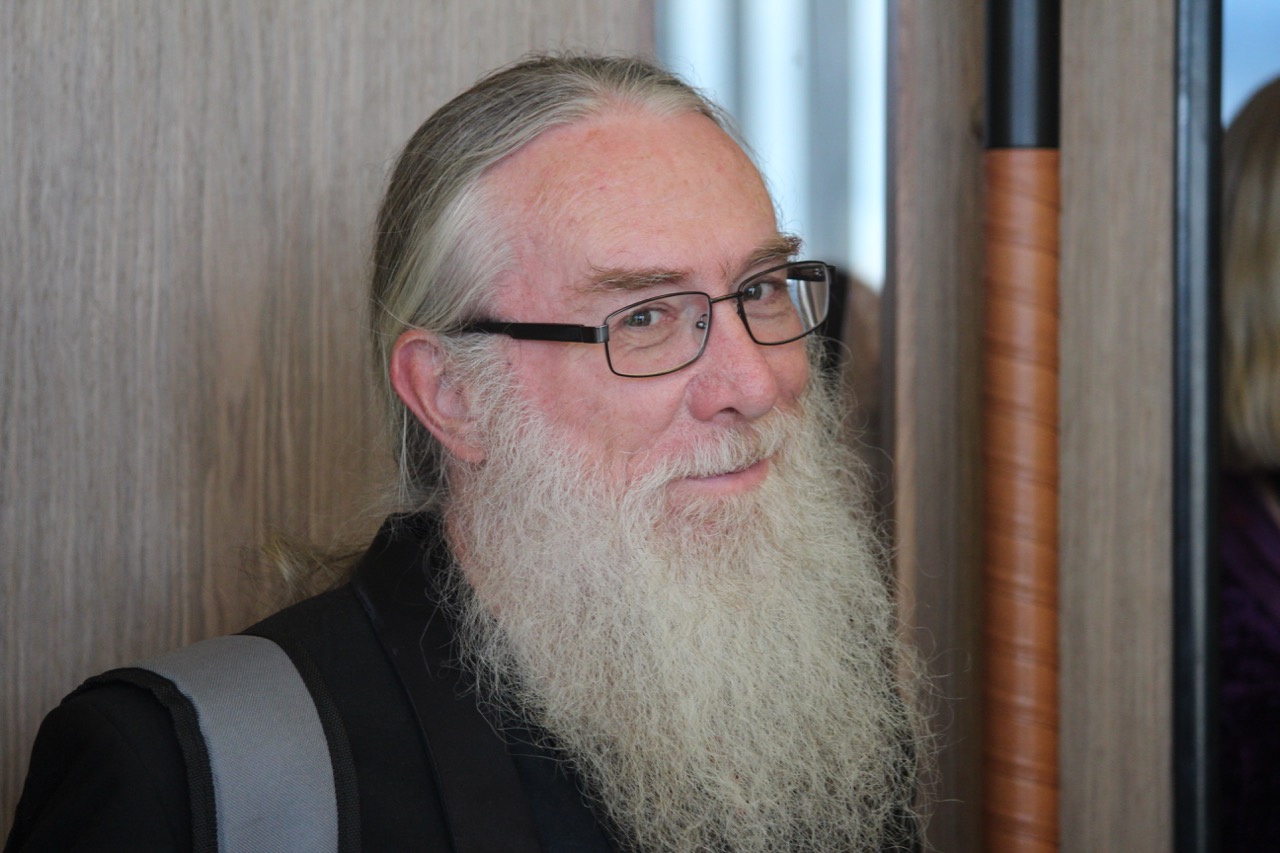
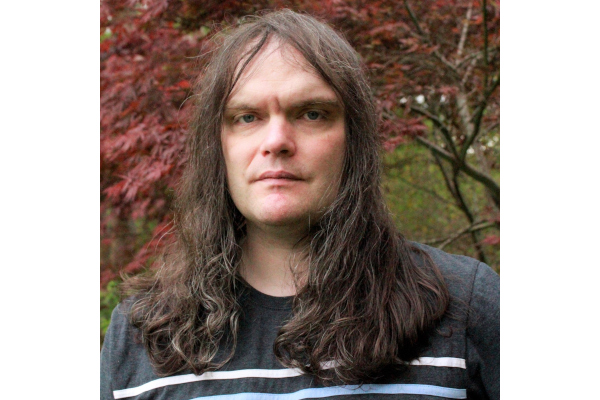

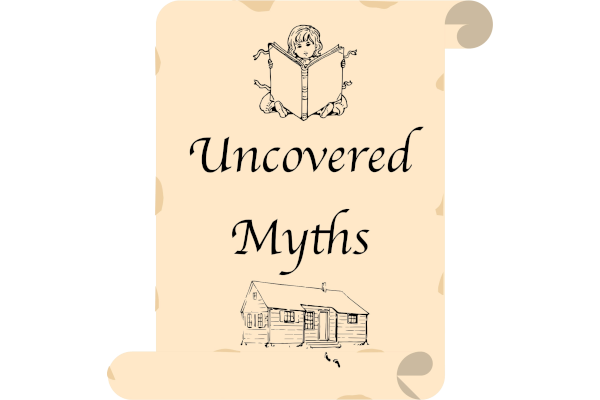





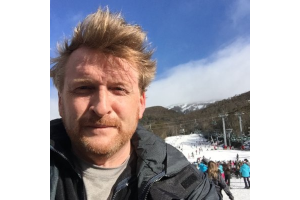




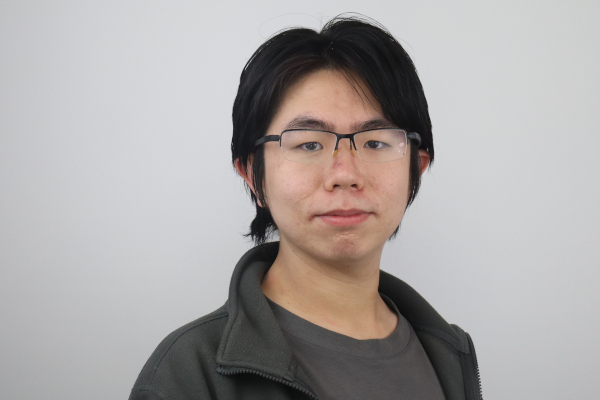


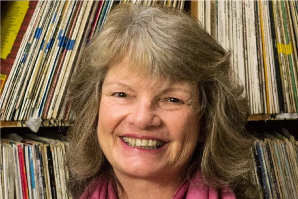 My time at Nambucca Valley Community Radio began back in 2016 after moving into the area from Sydney.
My time at Nambucca Valley Community Radio began back in 2016 after moving into the area from Sydney. Ed lives with his wife plus a magical assortment of native animals in tropical North Queensland.
Ed lives with his wife plus a magical assortment of native animals in tropical North Queensland.
 Geraldine Borella writes fiction for children, young adults and adults. Her work has been published by Deadset Press, IFWG Publishing, Wombat Books/Rhiza Edge, AHWA/Midnight Echo, Antipodean SF, Shacklebound Books, Black Ink Fiction, Paramour Ink Fiction, House of Loki and Raven & Drake
Geraldine Borella writes fiction for children, young adults and adults. Her work has been published by Deadset Press, IFWG Publishing, Wombat Books/Rhiza Edge, AHWA/Midnight Echo, Antipodean SF, Shacklebound Books, Black Ink Fiction, Paramour Ink Fiction, House of Loki and Raven & Drake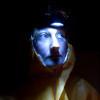
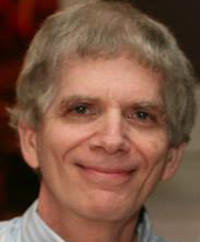 Barry Yedvobnick is a recently retired Biology Professor. He performed molecular biology and genetic research, and taught, at Emory University in Atlanta for 34 years. He is new to fiction writing, and enjoys taking real science a step or two beyond its known boundaries in his
Barry Yedvobnick is a recently retired Biology Professor. He performed molecular biology and genetic research, and taught, at Emory University in Atlanta for 34 years. He is new to fiction writing, and enjoys taking real science a step or two beyond its known boundaries in his
 Alistair Lloyd is a Melbourne based writer and narrator who has been consuming good quality science fiction and fantasy most of his life.
Alistair Lloyd is a Melbourne based writer and narrator who has been consuming good quality science fiction and fantasy most of his life. Mark is an astrophysicist and space scientist who worked on the Cassini/Huygens mission to Saturn. Following this he worked in computer consultancy, engineering, and high energy research (with a stint at the JET Fusion Torus).
Mark is an astrophysicist and space scientist who worked on the Cassini/Huygens mission to Saturn. Following this he worked in computer consultancy, engineering, and high energy research (with a stint at the JET Fusion Torus). Tara Campbell is an award-winning writer, teacher, Kimbilio Fellow, fiction co-editor at Barrelhouse, and graduate of American University's MFA in Creative Writing.
Tara Campbell is an award-winning writer, teacher, Kimbilio Fellow, fiction co-editor at Barrelhouse, and graduate of American University's MFA in Creative Writing. Emma Louise Gill (she/her) is a British-Australian spec fic writer and consumer of vast amounts of coffee. Brought up on a diet of English lit, she rebelled and now spends her time writing explosive space opera and other fantastical things in
Emma Louise Gill (she/her) is a British-Australian spec fic writer and consumer of vast amounts of coffee. Brought up on a diet of English lit, she rebelled and now spends her time writing explosive space opera and other fantastical things in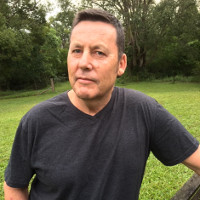 Tim Borella is an Australian author, mainly of short speculative fiction published in anthologies, online and in podcasts.
Tim Borella is an Australian author, mainly of short speculative fiction published in anthologies, online and in podcasts. Sarah Jane Justice is an Adelaide-based fiction writer, poet, musician and spoken word artist.
Sarah Jane Justice is an Adelaide-based fiction writer, poet, musician and spoken word artist.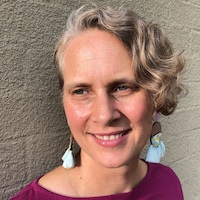 Merri Andrew writes poetry and short fiction, some of which has appeared in Cordite, Be:longing, Baby Teeth and Islet, among other places.
Merri Andrew writes poetry and short fiction, some of which has appeared in Cordite, Be:longing, Baby Teeth and Islet, among other places.